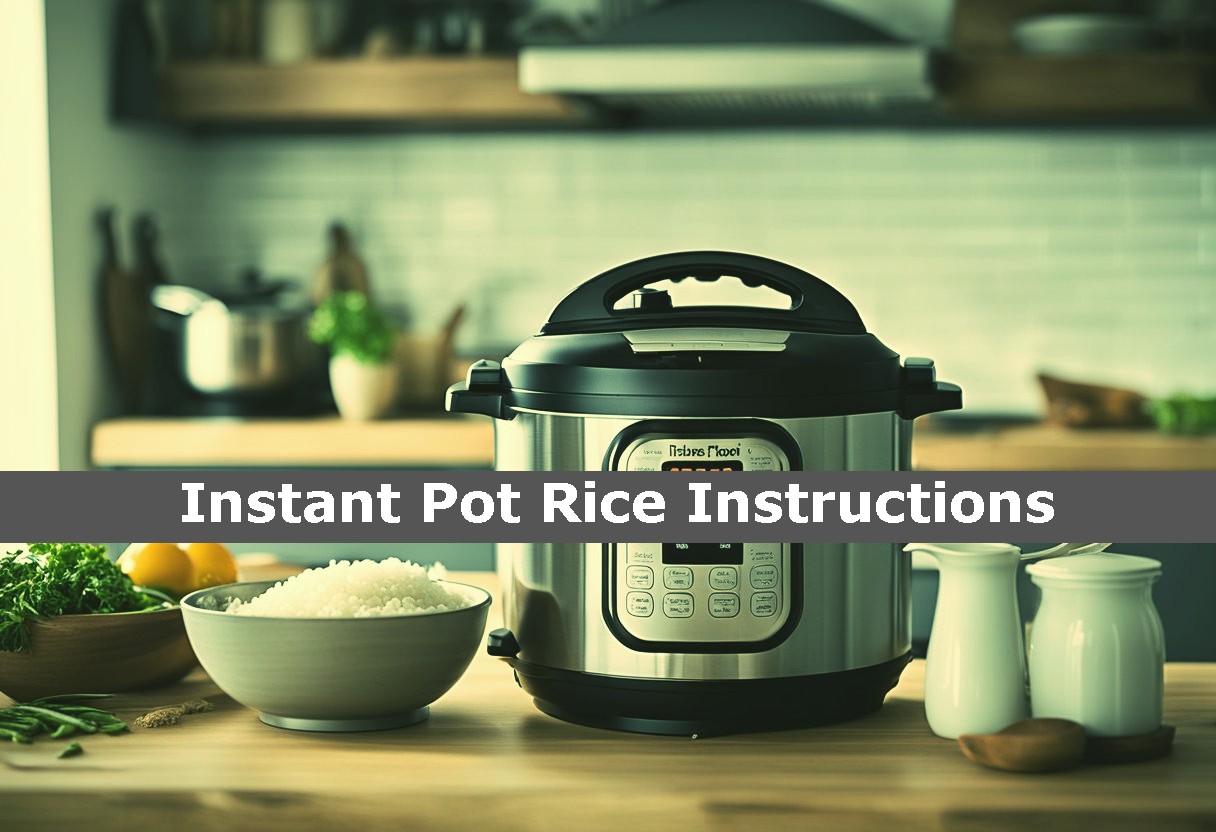Table of Contents
Introduction:
Arsenic is a naturally occurring element in soil, water, and certain foods. In recent years, concerns have been raised about the presence of arsenic in rice, including instant rice. “Does instant rice have arsenic?” is a question that has garnered attention from health-conscious individuals. In this article, we will explore the issue of arsenic in instant rice, its potential health risks, and ways to mitigate exposure.
Understanding Arsenic in Rice
Arsenic is present in the environment and can be absorbed by plants, including rice, through water and soil. Rice, a crop cultivated in flooded conditions, is more likely to accumulate arsenic than other grains. This has raised concerns about the potential arsenic content in instant rice.
Does Instant Rice Have Arsenic?
Does instant rice have arsenic? The answer is yes; instant rice can contain arsenic, just like other types of rice. The levels of arsenic in rice can vary depending on various factors, such as the region where it is grown, soil conditions, and cultivation practices. Although the levels of arsenic in rice are generally low, regular rice consumption, including instant rice, can contribute to arsenic exposure over time.
Also Read About – Is Instant Rice Bad For You?
Health Risks of Arsenic Exposure
Excessive or prolonged exposure to arsenic can have adverse health effects. Chronic exposure to high levels of arsenic has been linked to an increased risk of various health conditions, including certain types of cancer (such as lung, bladder, and skin cancer), cardiovascular diseases, and neurological disorders. However, it’s important to note that the health risks associated with arsenic depend on the level and duration of exposure.

Mitigating Arsenic Exposure in Instant Rice
While it is challenging to eliminate arsenic from rice, some steps can be taken to reduce arsenic exposure when consuming instant rice:
- Diversify your grain intake: Instead of relying solely on rice as a staple, incorporate other grains like quinoa, barley, or wheat into your diet. This can help reduce overall arsenic exposure.
- Choose aromatic rice varieties: Studies have shown that aromatic rice varieties like basmati and jasmine tend to have lower arsenic levels than other rice varieties.
- Rinse rice thoroughly before cooking: Rinsing rice thoroughly can help remove some surface starch, which may also reduce arsenic levels.
- Cook rice with excess water: A higher water-to-rice ratio can help reduce arsenic levels. Research suggests that cooking rice with a 6:1 water-to-rice balance and draining off excess water after cooking can reduce arsenic content by up to 57%.
- Consider organic rice: While organic rice is not guaranteed to be arsenic-free, it may have lower levels of arsenic than conventionally grown rice due to differences in farming practices.
- Monitor portion sizes: Moderation is key. While rice, including instant rice, can be part of a balanced diet, consuming it in moderation and diversifying your grain choices to minimize arsenic exposure is essential.
Conclusion
In conclusion, the question “Does instant rice have arsenic?” has a definitive answer: yes, instant rice can contain arsenic, similar to other types of rice. While the levels of arsenic in rice are generally low, long-term and excessive exposure to arsenic can pose health risks.
By diversifying grain intake, choosing aromatic rice varieties, rinsing and cooking rice with excess water, opting for organic rice, and monitoring portion sizes, individuals can reduce their arsenic exposure when consuming instant rice.







